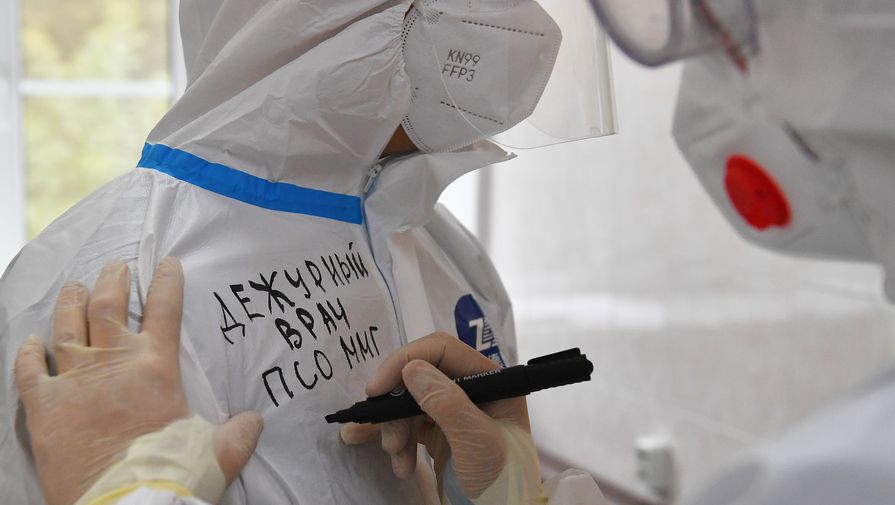Foreign Affairs
Javier Milei will be Argentina’s next president. He owes his ascendancy to the political revolution Trump set in motion.

Javier Milei ran on MAGA—Make Argentina Great Again.
Milei won Argentina’s presidential election by a resounding 12-point margin on Sunday. The Chamber of Deputies member of the Liberty Advances coalition captured 56 percent of the vote; his opponent, the Peronist Minister of Economy Sergio Massa, took 44 percent.
Throughout Milei’s campaign, particularly since Milei’s surprise victory in the country’s primary in August, the corporate media has attempted to tarnish his image by casting Milei in the shadow of former President Donald Trump—just as it had done with Hungary’s Viktor Orban, Brazil’s Jair Bolsonaro, and Italy’s Georgia Meloni. While these leaders all have considerable differences between one another and Trump—none could ever hope to fully become the 45th president of the United States in style or substance—the corporate media’s impulse to brand Milei and others as “mini-Trumps” is right, albeit for the wrong reasons.
Economic libertarians who detest Trump for his trade, immigration, and cultural protectionism sought to rebuff the Milei-Trump comparison in an effort to claim the Argentine’s victory as their own. While Trump sought tariffs, Milei seeks free trade; while Trump protected entitlements like Social Security and Medicare, Milei wants to slash Argentina’s social safety net; while Trump is tough on drugs, Milei is pro-legalization, they claimed. Yet it remains something of a mystery how Milei will govern when his term begins on December 10, given that he will be constrained by a coalition government in the legislature; Milei-loving libertarians are putting the cart before the horse.
The libertarian account of Milei’s victory also misses the forest for the trees. Political movements gain character and take shape not simply through policy, but through the lived experiences of the voters. The geopolitical environment that finds Milei ascendant has undeniably been shaped by Trump’s gravitational pull. Trump fully exposed the rot of the neoliberal order and the mediocrity of the managerial class. He relentlessly mocked the vain elites who demanded they be treated with decorum when all they had brought about was decline. “Build the wall” wasn’t just about border enforcement, it was about many voter’s experience of increasingly becoming strangers in their own land.
In an email to The American Conservative, Jose Saenz Crespo, program operations manager at the Intercollegiate Studies Institute, Latin American political analyst, and an Argentinian national, suggested that the Milei-Trump comparison was apt and “signifies a rejection of the status quo in Argentine politics.”
On Sunday, Milei’s movement capitalized on what Trump set in motion nearly a decade ago. In his victory speech, Milei said that a “caste” of elites have enriched themselves at the expense of the working and middle class in Argentina. “The model of decadence has come to an end, there’s no going back,” the president-elect said. Trump seems to know he deserves some credit for Milei’s win, too. In a social media post, Trump said he’s “very proud” of Milei and that Milei “will turn your country around and truly Make Argentina Great Again!”
Saenz Crespo said that Milei “represented a rupture with the decades-long decadence that Argentina has suffered in its 40 years of uninterrupted democratic [rule].” Milei, Saenz Crespo continued, is “seen as a symbol of change by many in the country who are tired of the same old politics.”
The voters’ lived experience was four decades of rule by a single governing ideology, and they were starved for change. Milei presented a way out, and they rewarded him for it. “Milei’s voter base in the 2023 elections was very diverse and cut across traditional demographics and socioeconomic lines,” Saenz Crespo told TAC. “The voters shared a common goal of seeking significant change due to political and economic dissatisfaction.”
Subscribe Today
Get daily emails in your inbox
“Milei’s party, ‘La Libertad Avanza,’ showed remarkable growth in popularity, jumping from 29.86% in the PASO elections to securing nearly 56% of votes in the runoff. This drastic increase in voter support, particularly from middle-ground voters, indicates a substantial realignment in Argentina’s political landscape,” Saenz Crespo said.
Nevertheless, Saenz Crespo told TAC that Milei faces an uphill battle with fully putting his agenda into action. “Despite winning the presidency, Milei’s party has modest representation in Congress, necessitating coalition governance,” Saenz Crespo wrote. “This coalition presidentialism involves aligning with various parties, including former president Macri’s PRO party, parts of the Radical party, and the Peronist movement, illustrating a new and complex political dynamic.”
The constraints Milei will face when he comes into office is an important reminder for those hoping to see the return of the MAGA king. If this is the uphill battle a “mini-Trump” is facing after efforts to keep him out of office fell flat, imagine what it will be like when it’s the real thing.
Note: This article have been indexed to our site. We do not claim legitimacy, ownership or copyright of any of the content above. To see the article at original source Click Here












